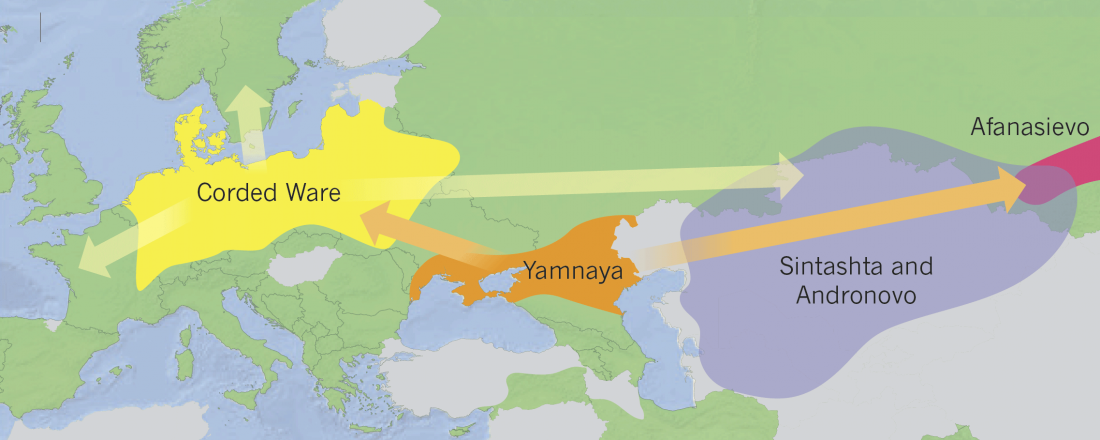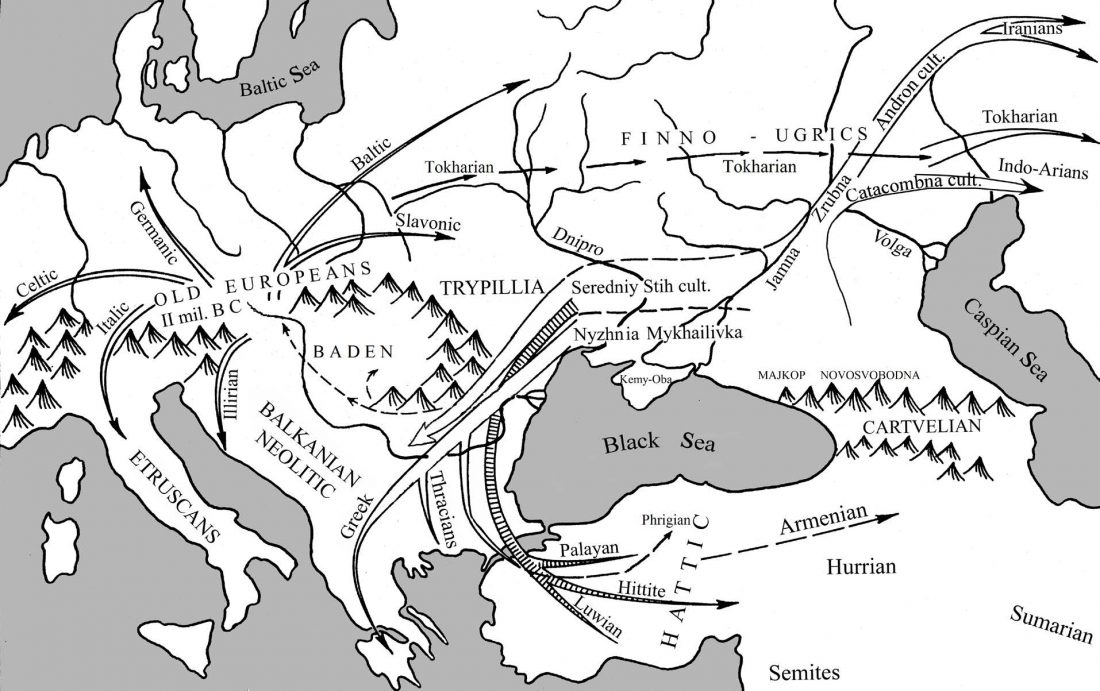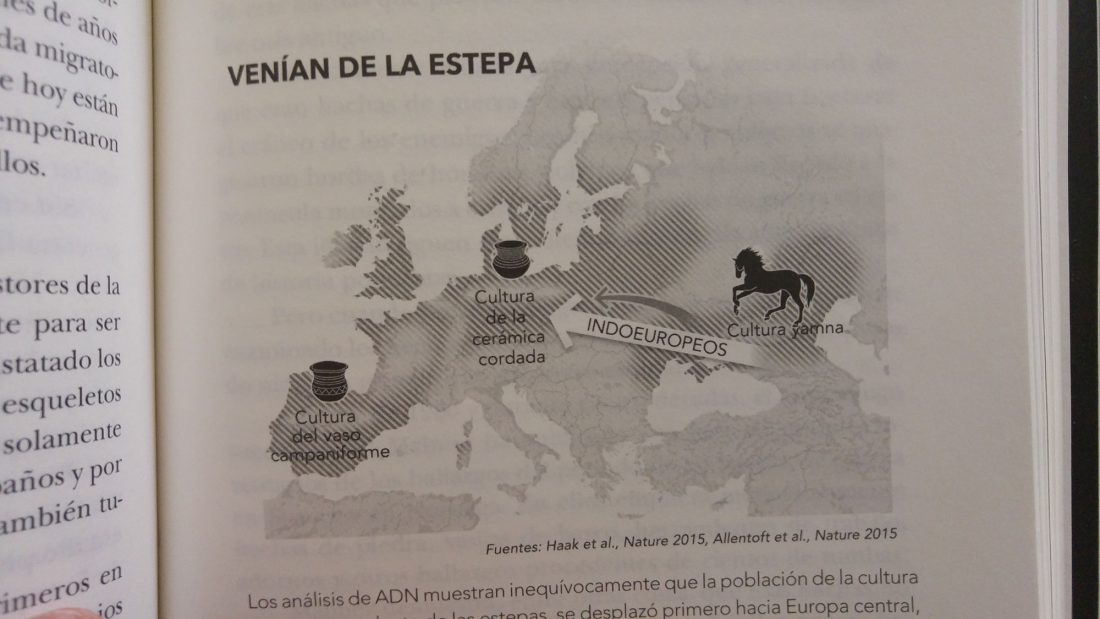Another discussion on the role of Science for Archaeology, in The Two Cultures and a World Apart: Archaeology and Science at a New Crossroads, by Tim Flohr Sørensen, Norwegian Archaeological Review, vol. 50, 2 (2017):
… Read the rest “Science and Archaeology (Humanities): collaboration or confrontation?”Within the past decade or so, archaeology has increasingly utilised and contributed to major advances in scientific methods when exploring the past. This progress is frequently celebrated as a quantum leap in the possibilities for understanding the archaeological record, opening up hitherto inaccessible dimensions of the past. This article represents a critique of the current consumption of science in archaeology, arguing that the discipline’s


